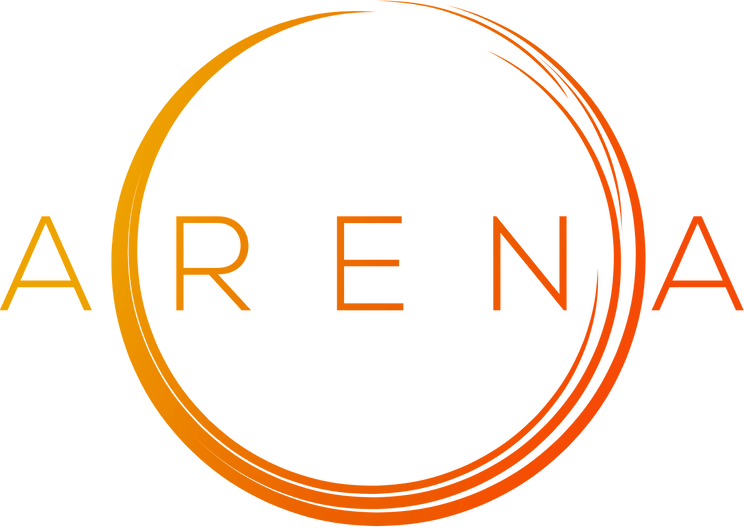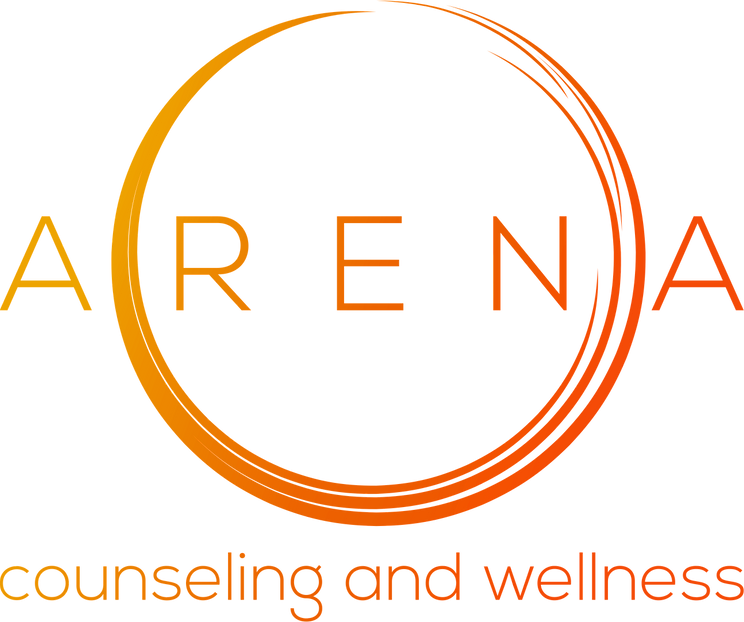Nutritionist in Gainesville, FL
What are Nutrition Services?
Nutrition services encompass professional guidance and planning to help individuals meet their dietary needs, improve health, and manage diseases through food choices and eating habits.
Learn More
Frequently Asked Questions
-
What conditions and problems can nutrition services address?
Nutrition services can address a wide range of conditions, including but not limited to obesity, diabetes, cardiovascular diseases, allergies, gastrointestinal disorders, and nutritional deficiencies. Our services can also assist with weight management, sports nutrition, eating disorders, pregnancy nutrition, and pediatric nutrition.
-
What are the advantages of nutrition services?
Some advantages are having personalized nutrition advice tailored to your specific health needs and preferences, evidence-based strategies for improving diet and health, support with meal planning and food choices, and professional help with managing health conditions through diet. A significant advantage of having a nutritionist versus doing it yourself is the accountability and follow-up, which highly increases the likelihood of achieving health goals.
-
Are there any disadvantages or limitations to nutrition services?
Sure, a disadvantage may be the cost of the service. Having a certified professional dedicated to giving you personalized advice and support has its price. Additionally, not all insurance plans cover nutrition counseling. For some people, the time investment required for meetings and follow-up appointments may be a disadvantage. Depending on each person, changes in diet can be challenging to implement and sustain over time, and it may take a while to see significant health improvements.
-
What should one expect from a consultation with a nutrition professional?
During a consultation, you can expect to discuss their medical history, dietary habits, lifestyle, and health goals. Our nutrition professional will conduct a comprehensive assessment and then work with you to create a personalized nutrition plan. This plan may include specific food recommendations, portion sizes, meal timing, and nutritional education. Then, you will schedule follow-up appointments to monitor progress and make necessary adjustments.
-
What is the difference between a nutritionist and a dietitian?
The terms "nutritionist" and "dietitian" are sometimes used interchangeably, but there are key differences, primarily regarding professional credentials and legal recognition.
- Dietitians are certified healthcare professionals who meet stringent educational and professional prerequisites, including earning at least a bachelor's degree in nutrition or a related field, completing supervised practice through an accredited program, and passing a national examination administered by the Commission on Dietetic Registration (CDR).
- Nutritionists typically have some formal education in nutrition science, but the title is less regulated than that of a dietitian. Some nutritionists hold advanced degrees and certifications, while others may have completed shorter training programs.
In Florida, dietitians are required to be licensed to practice. Under the supervision of the Board of Medicine, the Dietetics and Nutrition Practice Council is responsible for licensing, monitoring, and educating dietitians, nutritionists, and nutrition counselors to ensure competency and safety in practice in the state.
How Nutrition Services Work:
- Provided by registered dietitians or nutritionists.
- They involve assessing an individual's dietary intake and identifying areas where change is needed.
- Personalized meal plans and dietary strategies are developed to meet specific health goals, such as weight loss, managing diabetes, or improving overall wellness.
- Nutrition services include education on how to select the right foods by healthy grocery shopping, proper food preparation and by understanding nutritional content by reading food labels.






